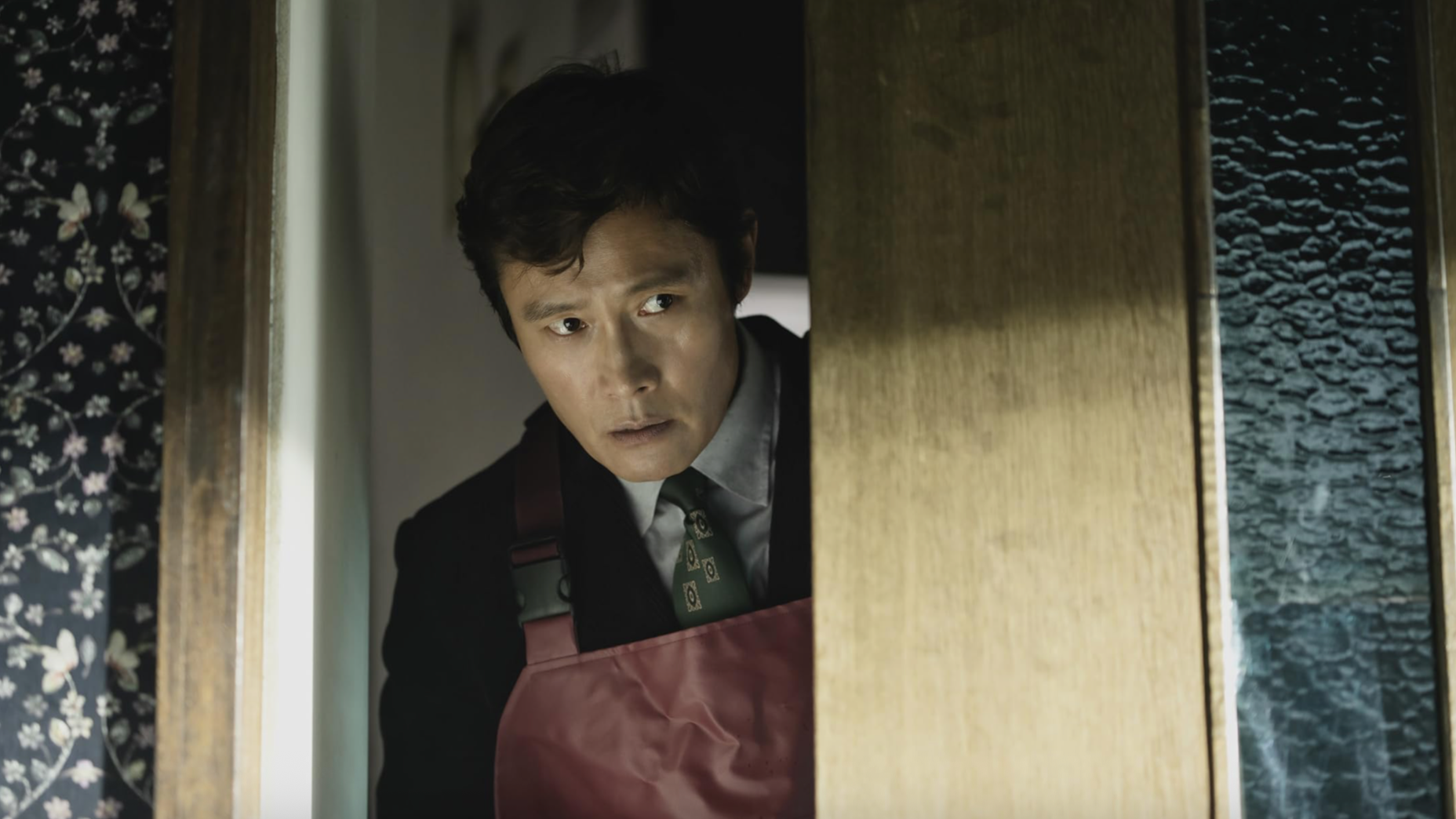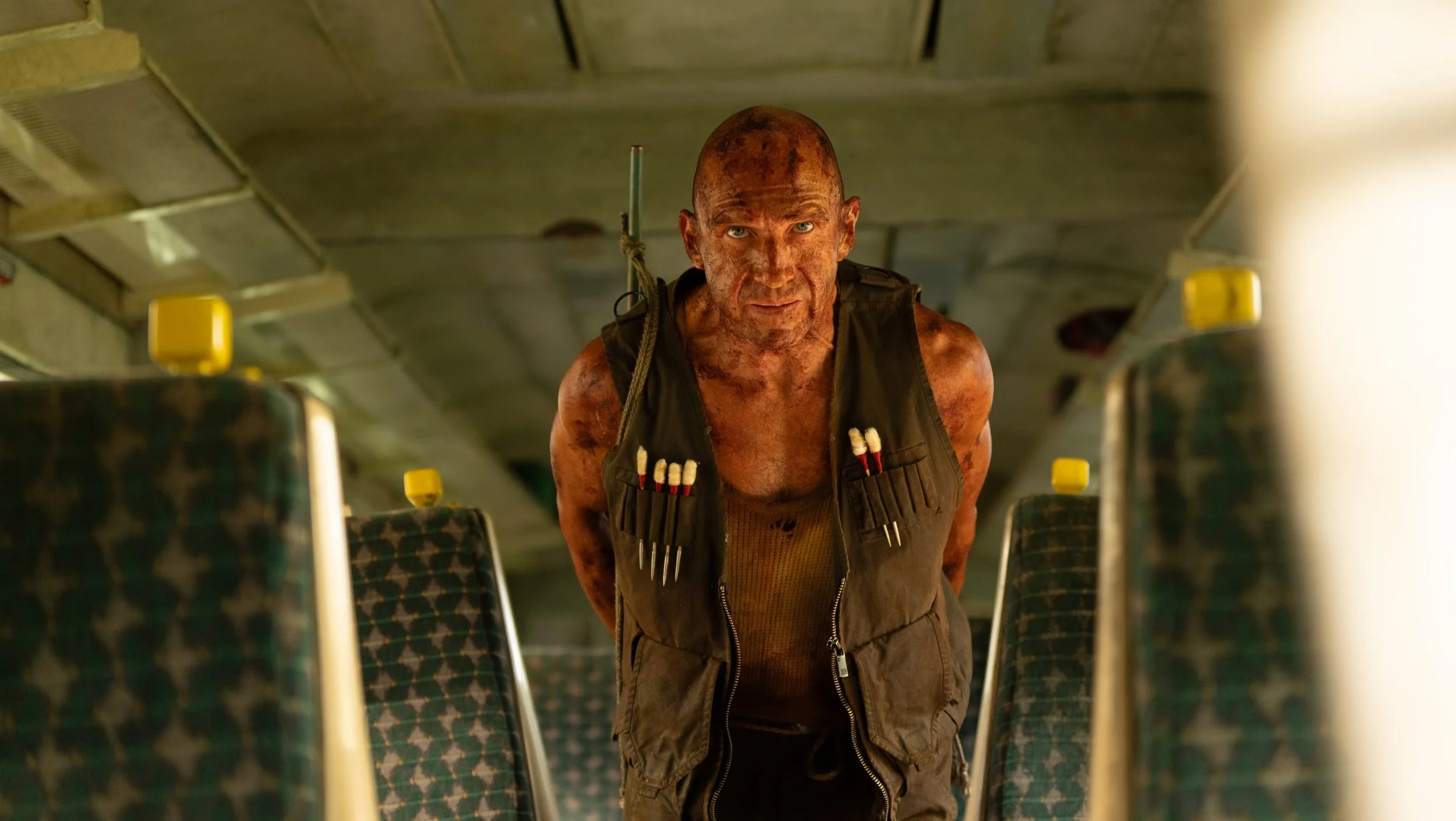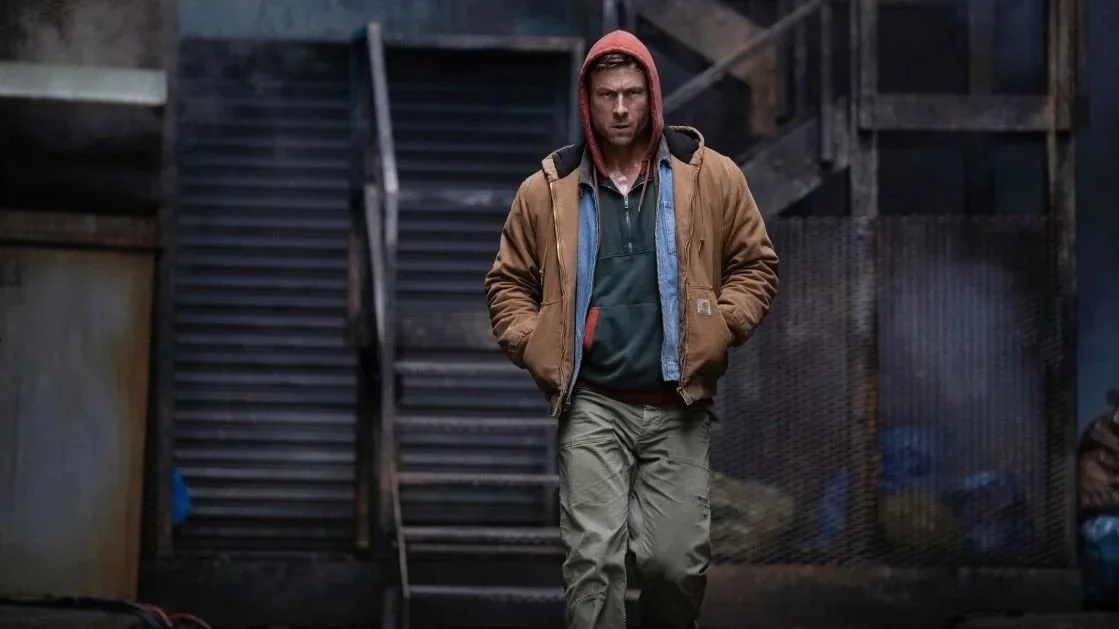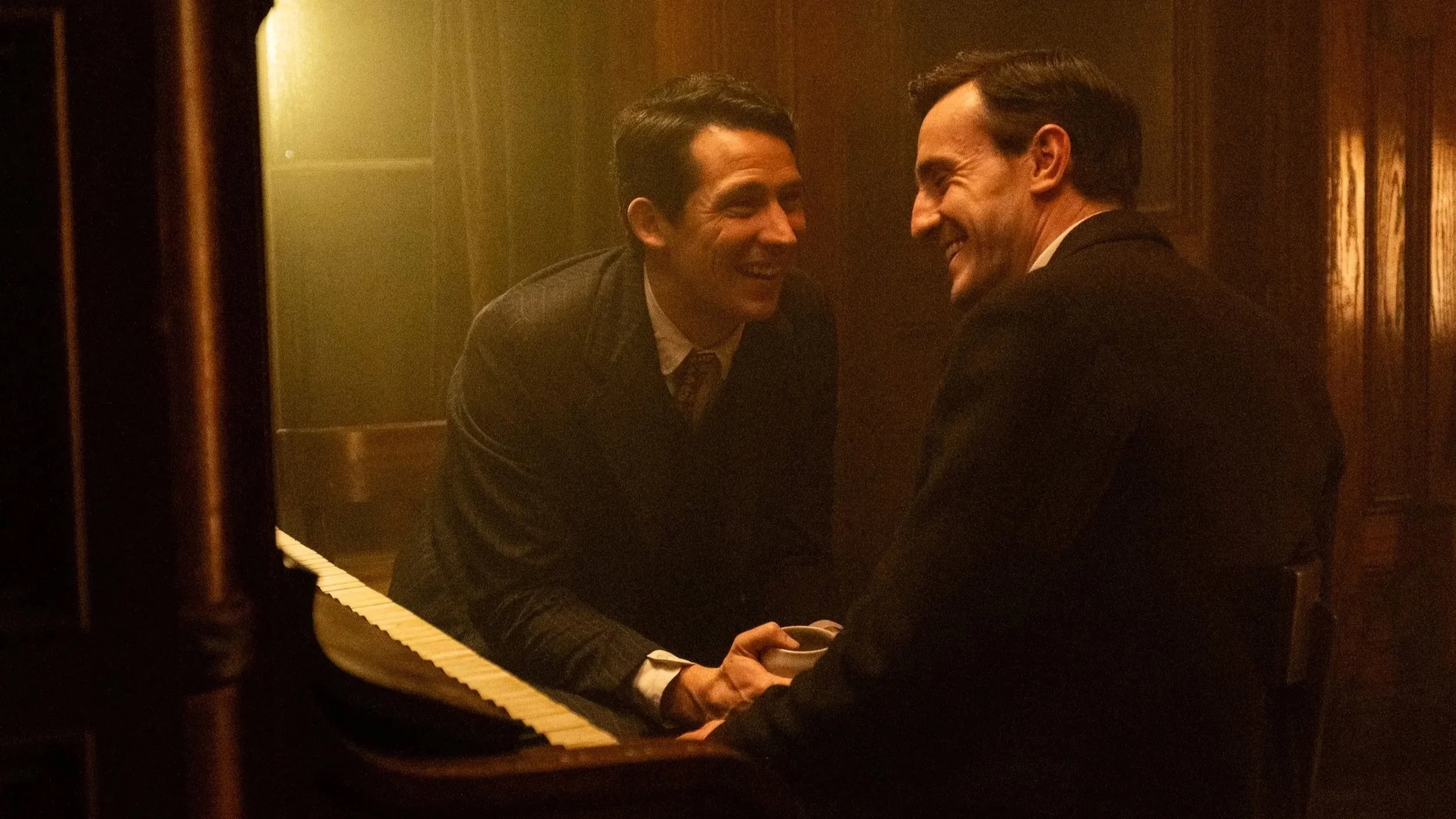REVIEWS
Post-film thoughts.

No Other Choice: A Veteran’s Playground
No Other Choice is a plot that requires eccentricity, suspense, and a hint of melodrama that the actors organically delivered. They were shameless in bringing out the quirks of the story through their respective characters, resulting in this spectacle of a crazy film.

28 Years Later: The Bone Temple: Hell is Empty
Between sweeping wide shots of rolling green hills to a close-up on creative and awe-inspiring wounds and practical effects makeup, The Bone Temple is truly a visual treat for nature and horror enthusiasts alike.
Avatar: Fire and Ash: A Spectacle Meant for the Cinema
Avatar is a franchise that brings cinema back to its origins. It is a spectacle. We sit in awe in our seats, captivated for over three hours by its technical prodigy.

Die My Love: Unfiltered Humanity
What does it take to finally make someone snap? To finally make yourself feel alive? Die My Love (2025), starring Jennifer Lawrence as Grace and Robert Pattinson as Jackson, is a strange slice of life film skewed sideways into an uncomfortably funny thriller.

Wicked: For Good: Ready for a Last Dance in Oz?
On paper, it has everything audiences have been waiting for: the continuation of the characters’ story that we grew attached to in the first opus, new songs to enchant the end of the year’s celebrations, and the introduction of the iconic Dorothy from the Wizard of Oz (1939). But does it stick the landing? Debatable.

Now You See Me: Now You Don’t: Magical Mess
The Now You See Me franchise is back and better than ever. Twelve years since the original film, the Horsemen are here to stay. The newest installment in the series, Now You See Me: Now You Don’t (2025), further expands the network of scrappy magicians as well as the scope of their heists.

The Running Man: A Race Toward Freedom
Sometimes, we want to watch a film not to puzzle over but to be entertained. That’s exactly what The Running Man proposes, a good action movie with enough heart to be interesting.

Plainclothes: Identity Laid Bare
What is most striking about Plainclothes is its use of camcorders, grainy footage, home videos, and nonlinear narrative. Coupled with close ups of eyes and sound mixing of heavy breathing, the audience is caught up in Lucas’ disjointed mental space.

She’s the He: A Charming Trans-centric Comedy
The comedic style of She’s the He—pop-y and goofy with bright colors and one-liners galore—brings to mind both classic early ‘00s high school comedies and more recent contemporaries in the “queer high school comedy” genre, such as 2024’s Bottoms.

The Mastermind: A Quiet Warning
Written, directed, and edited by Showing Up’s (2022) Kelly Reichardt, the film firmly plants itself in a quiet subversion of the heart-racing, action-packed sequences that permeate similar stories.

Bugonia: Is It Aliens Ruining the World, or Just Us?
Bugonia doesn't offer something different from Save the Green Planet or try to override its credibility. The film only slightly shifts the perspective to give a contemplative and contemporary take.

If I Had Legs I’d Kick You: The Burden of Motherhood
What differentiates If I Had Legs I’d Kick You from previous iterations is the clear revulsion towards the ultimate standard of womanhood that it crams down your throat at any given moment. There is no gentleness in Linda’s shattered existence.

Frankenstein: On Fatherhood and Forgiveness
Frankenstein (2025) is not so much a film as it is a gradual, graceful walk through a gallery. Strolling through sumptuous scenery, billowing costumes, and endless literary and artistic references, director Guillermo del Toro’s latest is truly a visual masterpiece.

It Was Just an Accident: Panahi’s Suffering Seeks No Answers
Screened at the 61st Chicago International Film Festival, Jafar Panahi’s latest film It Was Just an Accident directly references the elusive tones of his torturers.

Anemone: Cold Reunions
Ray must come to terms with his trauma, and Jem is doing his best to make room for his brother while fighting on behalf of the people who need Ray most. Day-Lewis and Bean play perfectly off each other, delivering powerful performances each in their own way

Urchin: We Don’t Win Every Battle, and That Makes Us Human
Amongst counselling, job assistance, staying clean, and meeting new people, Mike shows us a sympathetic exhibit of the uphill battle that is addiction in Urchin.

The History of Sound: Muted Melancholy
Director Oliver Hermanus’ period drama is part romance, part musical, and all ache. Just like the first-person point of view does in Ben Shattuck’s book, the film draws you into Lionel’s (Paul Mescal) emotional sphere.

First Light: The Intersection of Faith, Power, and Government
Robinson rightfully earns the two hours of time and attention from audiences. The film is a slow, ponderous exploration of the real issues that go on in the country: corruption, mistreatment of the working class, and how the church plays into this.

Caught Stealing: Aronofsky Goes Lethal
Feeling more like it belongs on the shelf of ‘90s action flicks such as Point Break (1991) or The Fugitive (1993), Aronofsky deviates heavily from his prior work. Unlike the director’s previous films (such as his recent 2022 Oscar-winning project The Whale), Caught Stealing doesn’t seem to concern itself with any deeper message hidden beneath its surface.

The Long Walk: A Call to Action
Adapted from Stephen King’s first novel, The Long Walk features a deceptively simple pitch: 50 young men from across America enlist in a walking contest with a single winner.
